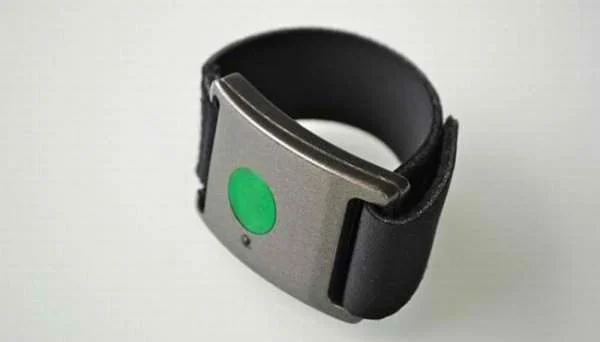Computers don’t have emotions, but that won’t stop them from being able to understand how you feel.
According to PhysOrg.com, scientific innovations from startup company Affectiva may be able to expand on groundbreaking sensing research at the Massachusetts Institute of Technology.
Affectiva co-founder and MIT professor Rosalind Picard (cool name) presented the new firm’s feelings-sensing programs at a Web 2.0 Expo that wrapped up Thursday in San Francisco.
“Feelings are complicated,” she said. “Now, we can begin to measure them and learn.”
The Affectiva technology assists computers powering websites in the task of scanning web camera imagery for facial expressions, eye movements and movements that give clues to emotional reactions to everything from film scenes, to game actions or ads.
“It is getting past wishful thinking and wondering to understanding what is really going on, and that makes it much more actionable,” Picard told AFP.
“We all have trouble reading emotional cues when we are on the Web,” she continued. “Everybody who has been there for a while has been misunderstood at some time.”
Those who had Web cameras connected to computers were free to try the technology by viewing a group of ads online at an “Interactive: Analyze Your Smile” page at Forbes.com.
Picard gave everyone a look at a “Q Sensor” which can be attached to a wrist or ankle to determine when people are excited or bored. The sensor measures electricity being generated through the skin to assess stimulation.

It’s also kind of funny that it’s called a Q Sensor seeing as how her name is Picard, but that’s not scientific or anything. It’s just a geek joke.
A research model of the Q Sensor was made available, and there’s a more polished consumer model expected by the end of the year.
“There are therapists using this, there are parents using this, we had a lawyer buy one the other day to measure his own stress,” Picard said as she pointed to a Q Sensor on her wrist.
“Anywhere there is emotion, there is an application.”
Affectiva has constructed prototype eyeglasses that have a small camera and other technology in the frames.
People wearing the glasses who are having conversations are signaled with tiny green, yellow, or red lights when they are being appealing, losing a companion’s attention, or should simply shut up, according to Picard.
The research that led to the startup’s formation came from efforts to read the feelings of people with autism or similar conditions that make them unable to efficiently use words to communicate.
“We can’t replace all the words they want, but at least we can read if their frustration levels going up and they are ready to explode,” Picard said.
“I just saw that we could make a difference in people’s lives with something to help them be better understood,” she continued. “That is what we are really after.”
Picard also sees Affectiva technology helping people to understand themselves and escape circumstances like “buyer’s remorse” by letting their true feelings determine a purchasing decision.
“This is going to be amazing for the science… We could really finally understand what the heck is going on with how people communicate emotionally.”
So, Picard’s Q Sensor technology is geared towards helping other artificial intelligence better understand human emotions. Star Trek fans will understand why that’s funny.






